Electronic cigarettes (e-cigs) are 95% safer than smoking, do not act as a gateway into tobacco, and should be more widely promoted as cessation devices, a hard-hitting new report by government body Public Health England has concluded.
Around one in 20 adults in Great Britain now use e-cigs, and after a brief plateau in 2014, the market is growing again.
The report also debunked theories that e-cigs acted as a gateway into tobacco.
E-cigs are almost exclusively used by smokers or ex-smokers, while use among people who have never smoked is “very low” at only 0.2%, it said.
Regular e-cig use among young people is also rare, with around 2% using e-cigs monthly and 0.5% weekly.
“Many people think the risks of e-cigs are the same as smoking tobacco and this report clarifies the truth of this,” the report said.
“In a nutshell, best estimates show e-cigarettes are 95% less harmful to your health than normal cigarettes, and when supported by a smoking cessation service, help most smokers to quit tobacco altogether.
“Smokers who have tried other methods of quitting without success could be encouraged to try e-cigs to stop smoking and stop smoking services should support smokers using e-cigs to quit by offering them behavioural support.”
The report also said it was “not appropriate” to prohibit e-cig use in health trusts and prisons.
It also called for a review of the new licensing process of e-cigs as medicines to make it faster and cheaper for e-cig manufacturers to apply.
Having more e-cigs licensed as medicines would make it easier for doctors to prescribe them as stop smoking aids on the NHS, it added.
There are currently no licensed e-cigs on the UK market, and only one product (from BAT) is going through the medical licensing application process – suggesting that it is “very resource intensive.”
Manufacturers can apply for a medicinal licence through the Medicines and Healthcare products Regulatory Agency (MHRA) and from 2016, any e-cigs not licensed by the MHRA will be governed by the revised European Union Tobacco Products Directive.




















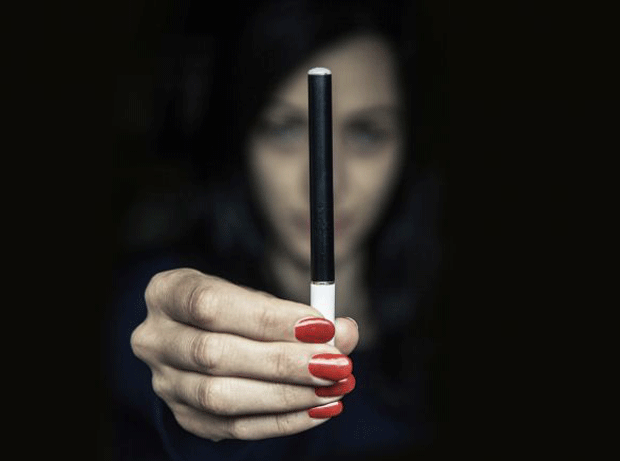
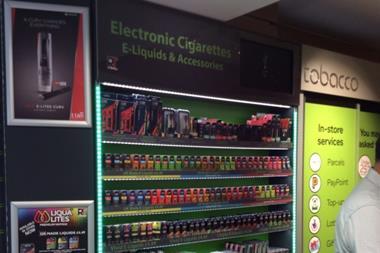



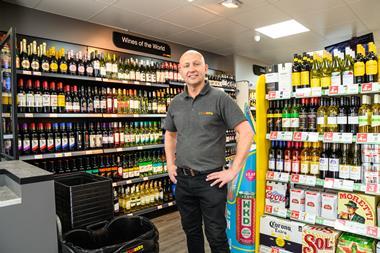
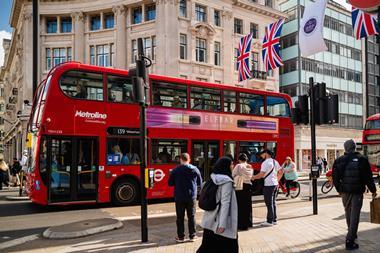
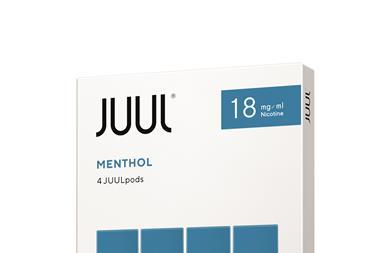
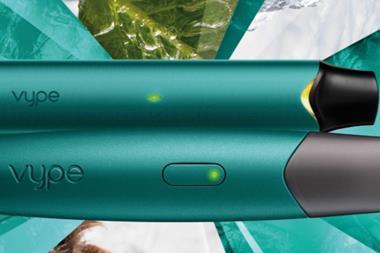
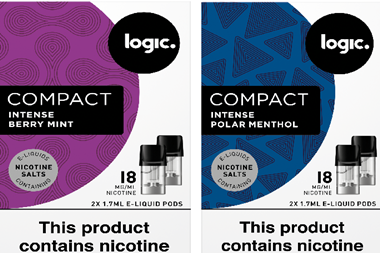
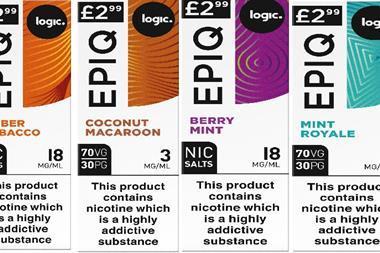
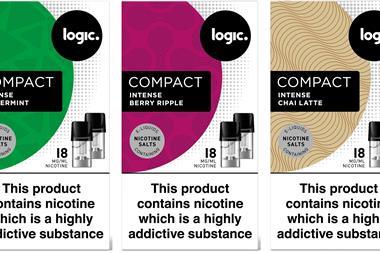
1 Readers' comment